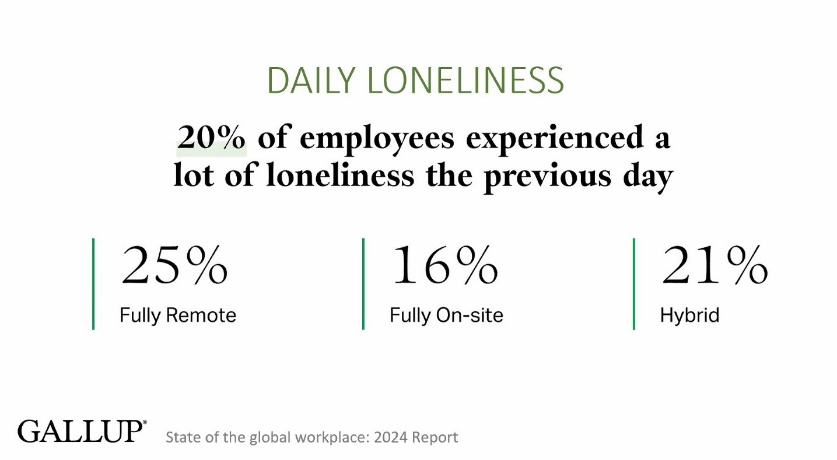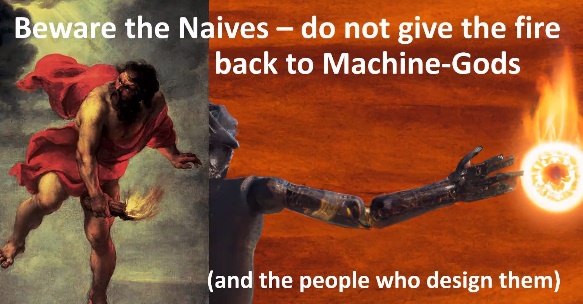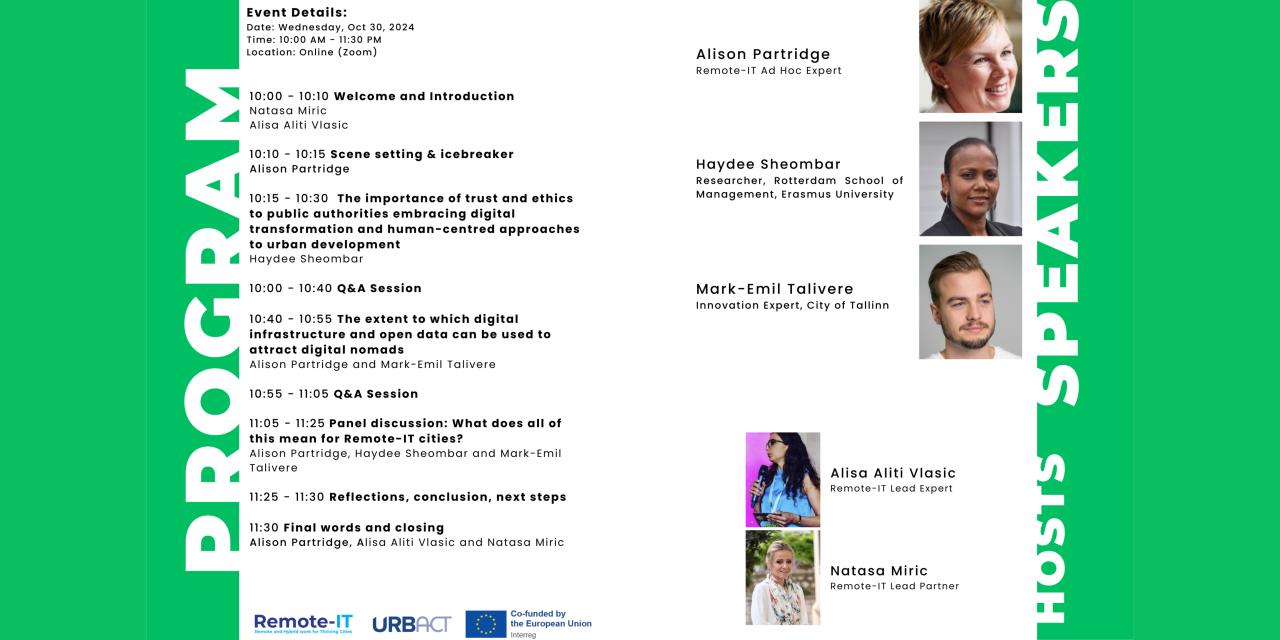Haydee Sheombar’s presentation was particularly thought-provoking. She explored how digitalization and modern technologies, both consciously and unconsciously, shape our everyday lives. From genetic modifications designed to influence physical traits to the impact of social media on human behavior—particularly how online interactions often turn more negative than in face-to-face settings—Sheombar highlighted the pervasive role of technology. She then posed several critical questions: Why should we engage in this conversation? What can we do, and how?
According to Sheombar, addressing digitalization is crucial for achieving social equality and inclusiveness. She warned that it is much harder to maintain these values in a digital world, where digital divides often exacerbate inequalities. Technology continues to advance rapidly, and the only way to address its challenges is through awareness, better knowledge, and data collection. Trust in the digital world, particularly in governmental institutions, was another key issue. Without trust, Sheombar argued, digital societies cannot reach their full potential.

Source: Haydee Sheombar
Participants raised concerns about ensuring that cities do not leave behind certain groups in the digital transformation process. Solutions proposed included continuous, appropriate education and a gradual transition to digital services that accommodate citizens who are not yet fully ready for or capable of making the leap to a fully digital life. When asked which social groups are most isolated, the natural answer often points to the elderly, though Sheombar emphasized that digital isolation is more about lack of education than age.
Sheombar advocated for a human-centered approach to digitalization, promoting the use of urban data platforms to foster citizen engagement and co-creation. She also highlighted the paradox that people tend to trust companies with their personal data more than governments, a trend that complicates the digitalization process.

Source: Haydee Sheombar
Mark-Emil Talivere shared insights into how the City of Tallinn has been incorporating innovation into its operations and services. The city’s services are now almost entirely digitized, and Talivere introduced a new program called "Test in Tallinn." This initiative aims to attract international and domestic companies to Tallinn to test their technological prototypes and assess their potential. More information on this program can be found at Test in Tallinn.
Talivere also discussed Tallinn’s efforts to create a digital ecosystem that is particularly welcoming to digital nomads. The city has developed a range of digital services designed to make the experience of remote workers easier and more enjoyable. One of the key innovations is the National Data Open Platform, which the government uses to improve the user experience of digital services. Digital nomads can even contribute to the improvement of these services by providing feedback and input. More about this platform can be found at Estonian Open Government Data Portal.
Talivere addressed the challenges faced by small and medium-sized cities just beginning their digital transformation. He suggested that the simplest first step for such cities would be to establish a reliable Wi-Fi network—an essential service for digital nomads. Another key recommendation was for cities to rethink their service offerings, adopt a mindset geared toward digitalization, and continuously innovate their services to better meet the needs of residents.
A critical discussion point was the protection of personal data in an increasingly digital society. The forum addressed the differences between privacy and anonymity, and participants debated the question: how much data is "enough" data? These complex issues highlight the ongoing challenge of ensuring data security while advancing digitalization.
To explore these topics in greater detail, the full recording of the forum is available for viewing below.


